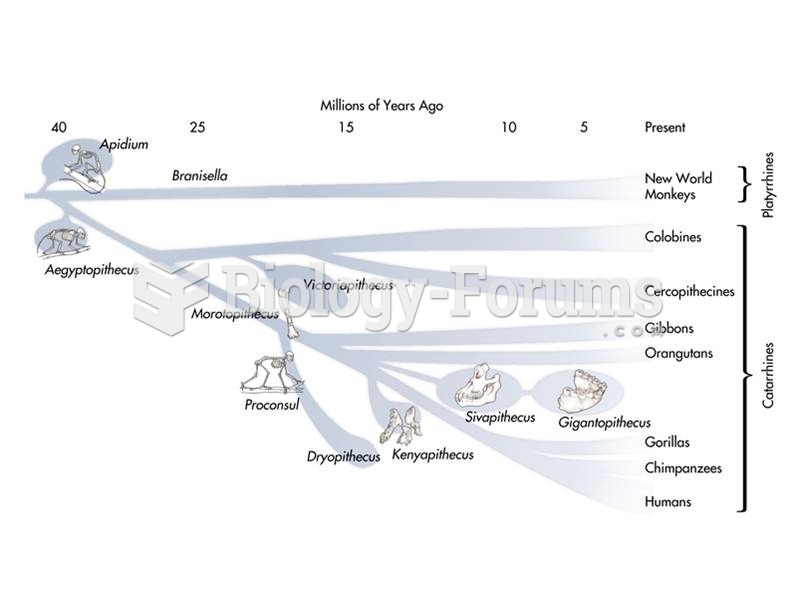An 80-year-old client at the assisted living facility asks the nurse for advice on maintaining what independence is possible so the client does not have to move to a skilled nursing facility.
Based on this information, what does the nurse have to consider as the highest psychosocial considerations of maintaining independence for the client? A) Encourage volunteerism activities with the younger people who visit.
B) Move out of the assisted living facility to live alone.
C) Maintain mental stability and satisfactory relationships with family members.
D) Sustain optimal health, social responsibilities, and financial stability.
Question 2
The use of nutrition, as a basis of health and disease prevention, has grown to include concepts related to daily food patterns and caloric intake across the lifespan.
A nurse's role in managing clients with nutritional deficiencies involves assisting the clients in learning about the importance of nutritious food. Based on this information, what should the nurse tell the client that EER means? A) Identifies the types and amounts of foods that are recommended to be eaten each day and that meet specific nutritional goals.
B) Represents the average dietary energy intake that will maintain energy balance in a healthy person of a given gender, age, weight, height, and physical activity level.
C) The balance of calories remaining in a person's energy allowance, or EER, after accounting for the number of calories needed to meet recommended nutrient intakes through consumption of foods in low-fat or no-added-sugar forms.
D) Those foods that provide substantial amounts of vitamins and minerals and relatively fewer calories.







